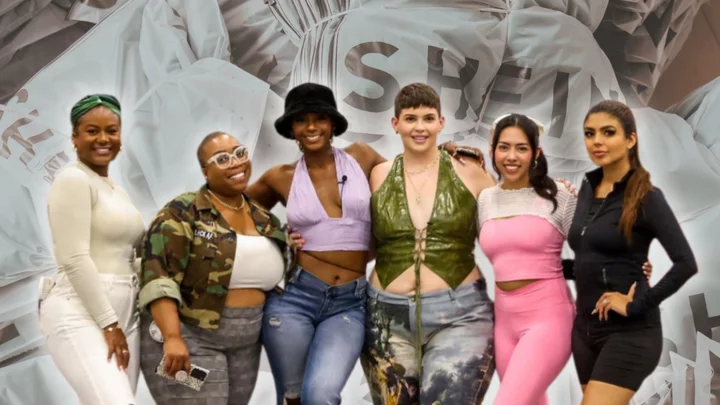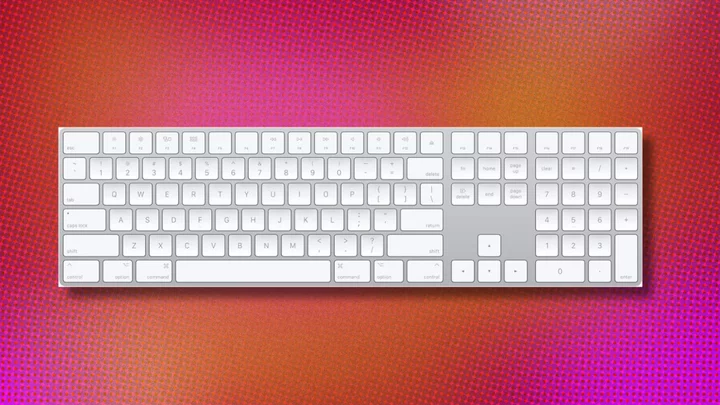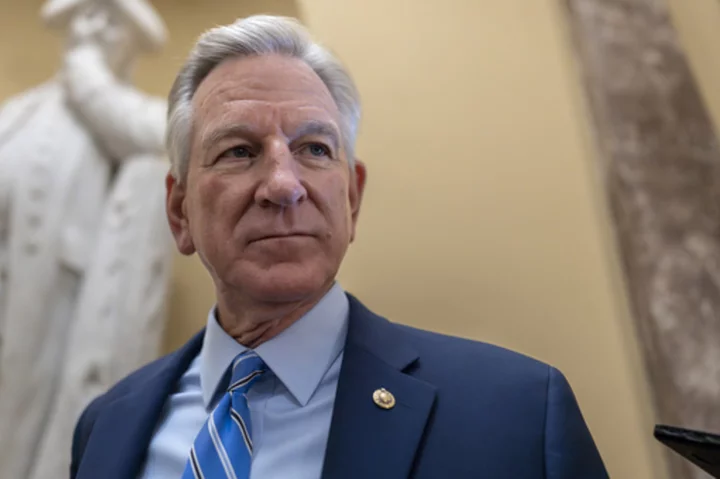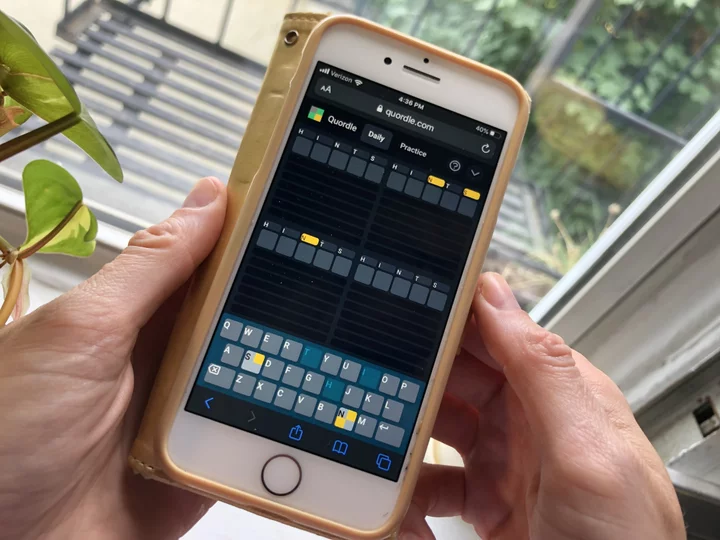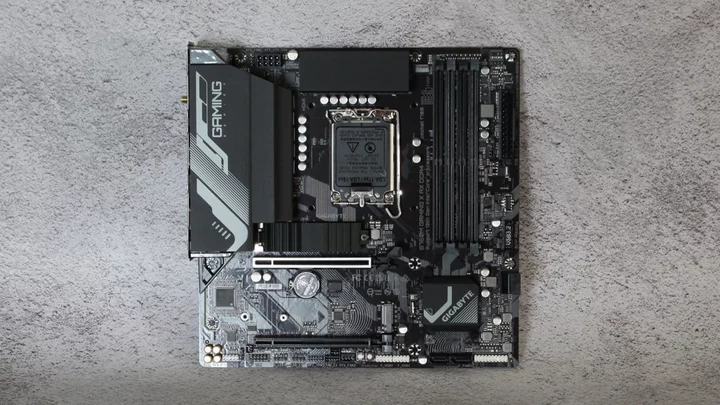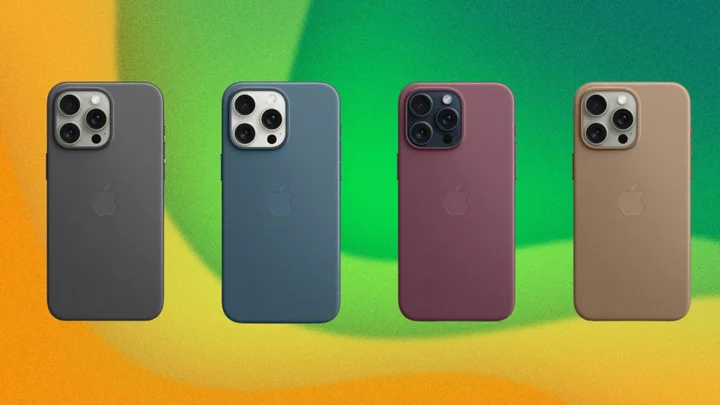Shein made $24 billion in 2022. So while the fast fashion brand is widely known for its poor working conditions and contributions to the climate crisis, it can still afford to collab with any influencer with a conscience for sale. And that's how people online are describing six US-based influencers who flew to China and Singapore on Shein's dime: as status-seeking sellouts. Why else would someone willingly become a mouthpiece for the controversial brand?
But if we're going to focus on the influencers, we should also examine why Shein chose marginalized women — plus-size and non-white women — to travel to China in the first place.
According to videos and comments posted by the creators (some of which have now been deleted) they were invited to visit the brand's factory in Guangzhou, China, as well as its headquarters in Singapore. They say they weren't paid for their attendance or for posting about it on their social media accounts.
SEE ALSO: Instagram attempts to explain 'shadowbanning', but creators still aren't happyShein treated them well. Videos show the creators lounging in upscale hotel rooms, attending a multi-course dinner, and exploring the city. But it was their tour of a Chinese factory — brightly lit and spotless, as if built just for their visit — that has gained the most attention.
Guided by a smiling team of Shein employees and an ever-present camera, the influencers walked through the production line and even tried their hand at manning a shipping station. Then the women gushed about how high-tech the factories were, how well the workers were paid, and how good they felt about supporting the brand now that they had seen how it made its clothes.
That messaging, of course, is diametrically opposed to what we know about Shein's working conditions. A 2021 Public Eye report found that Shein workers in Guangzhou were paid low wages for 75-hour work weeks with one day off a month. A 2022 documentary from the UK's Channel 4 documented similar working conditions.
One of the influencers, a model named Dani DMC, addressed this — sort of. In a now-deleted video posted to her Instagram account, she joked about being an "investigative journalist" before insisting she had spoken with a factory worker who was "surprised by all the rumors that had been spread in the US." The woman told her "honestly and authentically" about "her family, her lifestyle, her commute, her hours." Dani's biggest takeaway from this trip, she told her followers, was "to be an independent thinker" and "seek the truth" about "the narrative fed to us in the US" around Shein.
The video was an impressive example of the China-founded corporation's propaganda machine at work. A Chinese factory worker with a camera in their face is probably not going to tell you the whole truth, especially if they've been told you came from America to hear about how great things are for them. And even if Shein's workers were being treated well, they are still producing fast fashion designed for the landfill and often made with harmful chemicals.
Despite Shein's known human rights violations, the influencers who went on the trip lauded it as "life-changing." In a video posted to Shein Singapore's Instagram, the influencers took the mic to express their thanks. "It is so nice to look around the table and see women that look like me" said Sudduth. "I'm only 21 and so the fact that I have opportunities like this is crazy," said Saavedra. Aujené added, "I want to thank you Shein for bringing me on this phenomenal trip. China has been on my bucket list forever y'all. So y'all making dreams come true."
That's probably by design. Shein picked non-white creators with small or mid-sized followings: Black creators Destene Sudduth (385K Instagram / 4M Tiktok / 1M YouTube), Aujené (1M Instagram / 42K TikTok / 6K YouTube), Kenya Freeman (31K Instagram / 31 TikTok), a native Mexican influencer Fernanda Campuzano (34K Instagram / 17K TikTok / 89 YouTube), and a Mexican-American grad student Marina Saavedra (3.8K Instagram / 46K TikTok / 135 YouTube). Non-white creators are, historically, offered fewer opportunities than white creators and make less money when they do get opportunities. That makes an offer from a brand like Shein a very exciting prospect, and much harder to turn down. Their genuine excitement is then exploited by brands who know they are grateful to be included.
Dani, the only white woman in the group, noted how a lack of opportunities affects her as a plus-size creator. Dani has 481K Instagram followers, 297K TikTok followers, and 503K YouTube subscribers. She said Shein was the first brand to ever take her on a "brand trip," which are a common form of influencer marketing.
When the videos of her trip started getting blowback, Dani says she signed a deal with Shein to "help them with debunking a lot of these rumors," noting that "as a plus-size creator, I am about 60% of the time underpaid and they have definitely not underpaid me and taken great care of me."
On Monday evening, in an almost 12-minute video posted to Instagram, Dani reversed course and took accountability for her actions while noting how her identity as a plus-size woman affected her choice to accept the trip. "Especially plus-size content creators, we're just happy to be included," she said. "That it can cause issues because you're not doing enough brand research and that's definitely where I can take accountability, I should have done more research."

